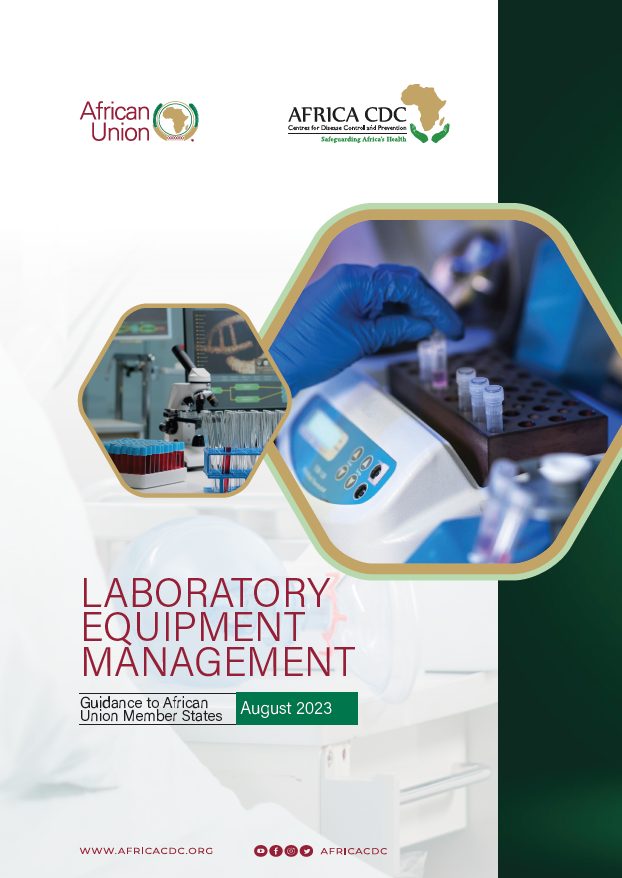Executive Summary
In recent years, African countries have made great advances in capacity for laboratory testing for clinical use, surveillance and public health emergency management, and for research and development through substantial investments in infrastructure, including the deployment of large numbers of laboratory analyzers. However, weaknesses in laboratory equipment management remain key concerns and threaten to undermine these advances. Challenges include lack of appropriate maintenance, limited formal equipment operation and maintenance training, failure to implement regular calibration and institute service contracts, and inadequate designated equipment space, among others. Equipment management, which includes the administration, monitoring and maintenance of laboratory equipment, is an essential component of patient care, public health research, technology transfer, and public health emergency management.
Significant experience in equipment management has been gained in some settings in recent years and this provides a source for best practices that member states can adapt to support the establishment of well-organised equipment management programs. These include key considerations for procurement and acquisition of laboratory equipment, equipment operation, maintenance and calibration and retirement and disposal of equipment. Documentation and records are also essential management requirements, including a full and accurate inventory of all laboratory equipment, materials provided by the manufacturer on operation, maintenance and troubleshooting, and records of all preventive maintenance and repair actions.
This document assembles these best practices and provides a resource for the proper management of equipment in the laboratory to ensure accurate, reliable and timely testing, and maintain a high level of laboratory performance. Improved equipment management also lowers repair costs, lengthens instrument life, reduces interruption of services due to breakdowns and failures, and enables laboratory accreditation and the achievement of high-quality and accessible laboratory
services at all levels of healthcare service delivery.
